The Composting Consortium Identifies Investment Opportunities to Scale Food-Waste Composting Infrastructure and Reduce Waste
July 17, 2024
Today, only 4% of U.S. food waste is diverted to compost sites.
New report from the Composting Consortium provides landscape analysis of existing compost infrastructure and markets, outlines composting business models, and recommends blended finance to scale organics circularity.
July 17, 2024, New York, NY – Today, the Composting Consortium, an industry collaboration to strengthen the composting system in the U.S., managed by Closed Loop Partners’ Center for the Circular Economy, released a new report with investment recommendations to scale composting infrastructure and increase the recovery of food waste. The report, Unleashing the Economic and Environmental Potential for Food Waste Composting in the U.S., developed with investors, policymakers and composters in mind, delves into the compost market and opportunities for public and private capital investment amidst rising landfill costs, federal attention on food waste and organics recycling, and state-wide organic bans.
Food waste composting is on the cusp of major growth as the economic, environmental and social consequences of food waste grow more apparent. Macrotrends include the rising cost of landfilling across the country and mounting attention linking food waste in landfills to methane emissions––a factor in climate change. Corporate and municipal zero waste and food waste policies and climate goals are putting a spotlight on composting––an available solution well suited to divert complex post-consumer food waste with food-contact compostable packaging from landfills, while creating compost to sequester carbon, support healthy soils and contribute to agriculture.
While food waste composting infrastructure has remained stagnant in the U.S. for the last six years, the composting industry stands at a critical juncture. Today, there are ~200 compost facilities in the U.S that process food waste, and another ~2,700 facilities that only process yard trimmings. Many of those ~2,700 facilities have the potential to be retrofitted to accept and process food waste. Food waste composting’s potential for social, environmental and economic benefits is well-established, and many individual food waste compost manufacturers have proven the success of the model. However, scaled operations, particularly for large-scale food waste composting facilities, remain hindered by hyper-local logistics, variable municipal engagement and lack of financing tailored to the business model’s dynamics. Blended financing is needed to support large-scale infrastructure that can handle complex food waste streams like post-consumer food scraps with compostable packaging.
According to the Composting Consortium’s report, public and private capital––a mix of grants and philanthropic funding, patient capital, loans and private equity––can work alongside each other to build large-scale composting facilities while nurturing the growth of smaller, established operators. Each type of capital caters to the needs of a particular region and composting business and addresses critical bottlenecks across the entire composting value chain––from establishing efficient collection programs to fostering the development of next-generation technologies and expanding the demand for compost.
“Since the inception of the Composting Consortium, we identified the need to strengthen U.S. composting infrastructure, particularly those solutions that can accept increasingly large and complex organics streams including post-consumer food scraps and compostable food packaging. Investment, alongside policy and multi-stakeholder collaboration, is critical to achieving this,” says Kate Daly, Managing Director and Head of the Center for the Circular Economy at Closed Loop Partners. “After years of on-the-ground work and industry collaboration, the Consortium has identified opportunities for capital to catalyze scale and impact, and advance progress toward zero waste and climate mitigation goals.”
The Composting Consortium is a critical part of Closed Loop Partners’ decade-long work to build a circular economy across a range of areas, including food and organics. In the last 10 years, the firm has made investments in and conducted research on food waste recovery, including composting and distributed anaerobic digestion, and continues to look toward more opportunities to transition away from emissions-intensive production systems and supply chains that create large amounts of waste.
The composting industry presents a compelling opportunity to generate positive social and environmental impact alongside financial returns. By deploying well-placed private investments, investors can play a pivotal role in scaling the industry and creating a lasting positive financial and impact return. By enacting food waste diversion mandates, providing financial incentives for composting infrastructure and collection programs, and supporting research and development of innovative technologies, federal and state governments can play a critical role in enabling the widespread adoption of composting. By embracing innovation and exploring new market opportunities, the composting industry can further improve operational efficiencies and strengthen the composting system as a whole.
By addressing financing hurdles and fostering a supportive ecosystem through collaboration between composting businesses, municipalities and investors, the U.S. composting industry can further scale to advance a more circular economy for organics, reduce our environmental footprint and build a more sustainable future for generations to come.
Unleashing the Economic and Environmental Potential for Food Waste Composting in the U.S.: A Guide for Investors, Policymakers and the Compost Industry is available for download here.
About the Composting Consortium
The Composting Consortium is a multi-year collaboration to pilot industry-wide solutions and build a roadmap for investment in technologies and infrastructure that enable the recovery of compostable food packaging and food scraps. The Composting Consortium is managed by Closed Loop Partners’ Center for the Circular Economy. Learn more about the Consortium at https://www.closedlooppartners.com/composting-consortium/
About the Center for the Circular Economy at Closed Loop Partners
The Center for the Circular Economy is the innovation arm of Closed Loop Partners, a firm at the forefront of building the circular economy. The Center executes research and analytics, unites organizations to tackle complex material challenges and implements systemic change that advances the circular economy. The Center for the Circular Economy’s expertise spans circularity across the full lifecycle of materials, connecting upstream innovation to downstream recovery infrastructure and end markets. Learn more about the Center for the Circular Economy at https://www.closedlooppartners.com/the-center/
Related posts

Blog Post
How AI Can Reduce Food Waste at Restaurants
Closed Loop Ventures Group led the seed investment...
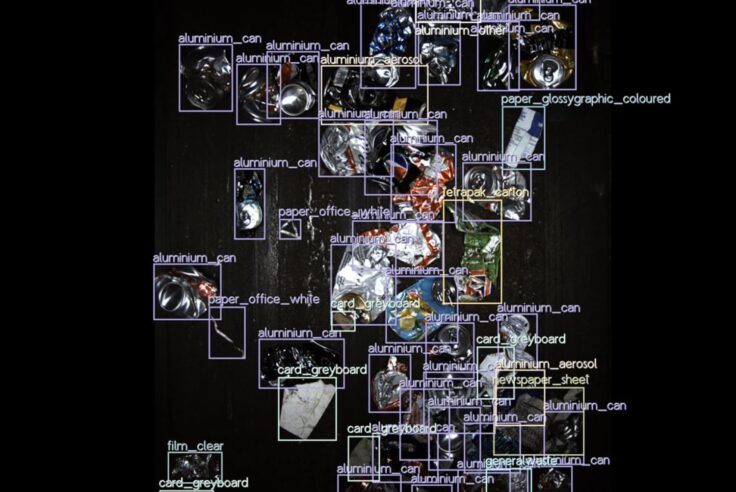
Press Release
New Data Reveals High Quantities of Food-Grade Polypropylene...
Closed Loop Partners’ Center for the Circular Economy...
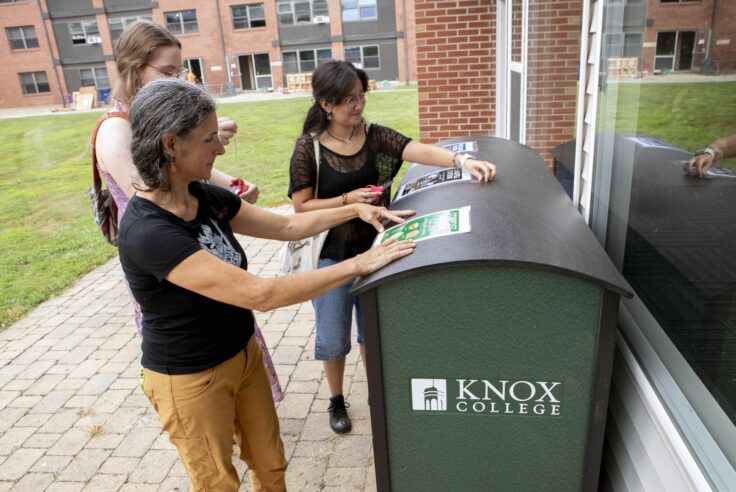
Blog Post
Keeping Compost Clean: Tools to Help Reduce Contamination...
The Composting Consortium interviews EcoProducts to...
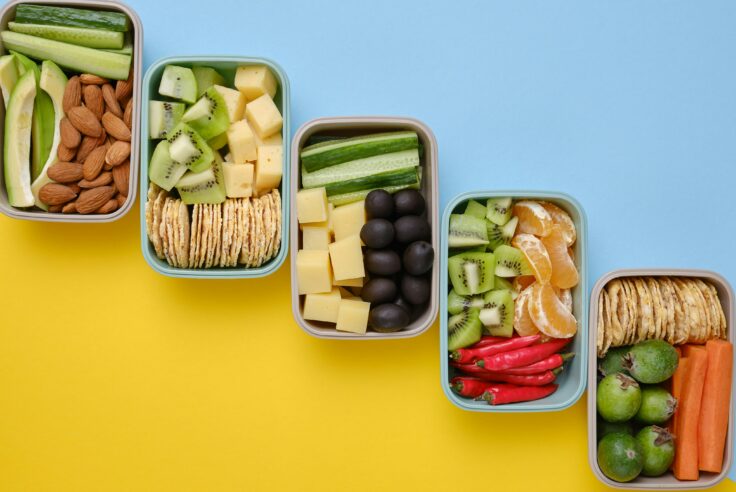
Press Release
Closed Loop Partners and U.S. Plastics Pact Identify...
Packaging types primed for reuse lay the groundwork...
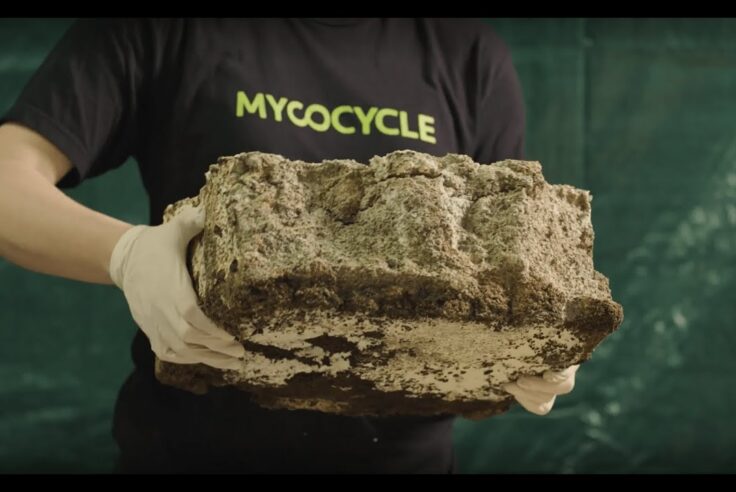
Blog Post
Why We Invested in Mycocycle: Nature-Inspired Circular...
Closed Loop Partners’ Ventures Group saw a key opportunity...
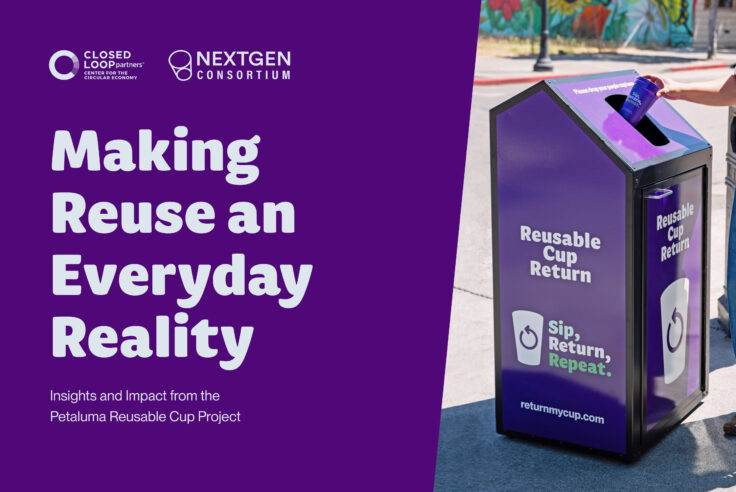
Press Release
Groundbreaking Results From Citywide Petaluma Reuse...
The Petaluma Reusable Cup Project from the NextGen...
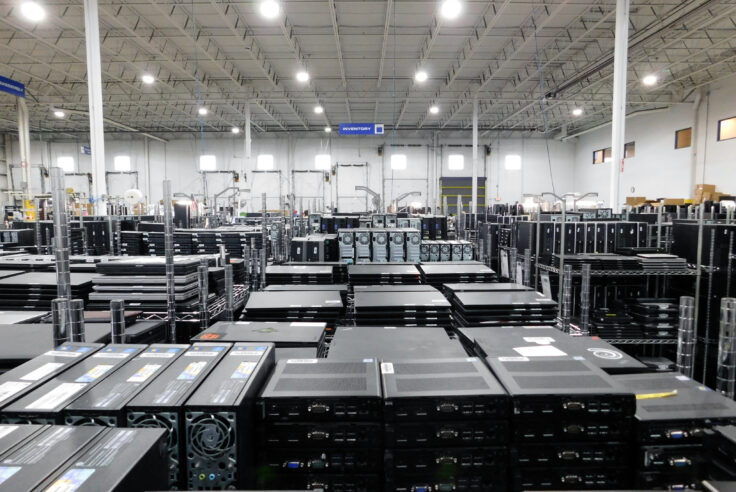
Press Release
Closed Loop Partners’ Portfolio Company, Sage Sustainable...
The bolt-on acquisition scales Sage’s end-to-end...

Press Release
Closed Loop Partners Unveils Groundbreaking Findings...
Closed Loop Partners’ Center for the Circular Economy...

Press Release
Capricorn Investment Group Backs Closed Loop Partners...
The partnership signals tailwinds behind the circular...
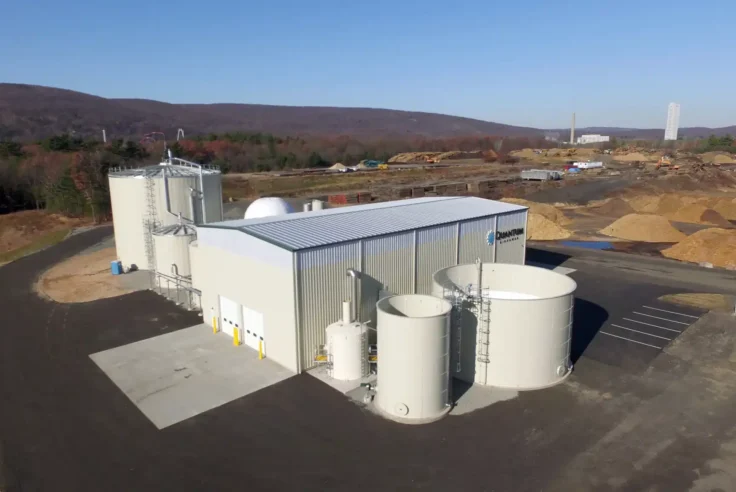
Press Release
Circular Services Adds Advanced Processing Capabilities
With Quantum Organics, Circular Services adds advanced...

Blog Post
8 Tips to Navigate Life Cycle Assessments for Circular...
Closed Loop Partners’ Center for the Circular Economy...

Press Release
Closed Loop Partners Leads $4M Seed Round for LAIIER,...
Investment in the innovative liquid leak detection...
